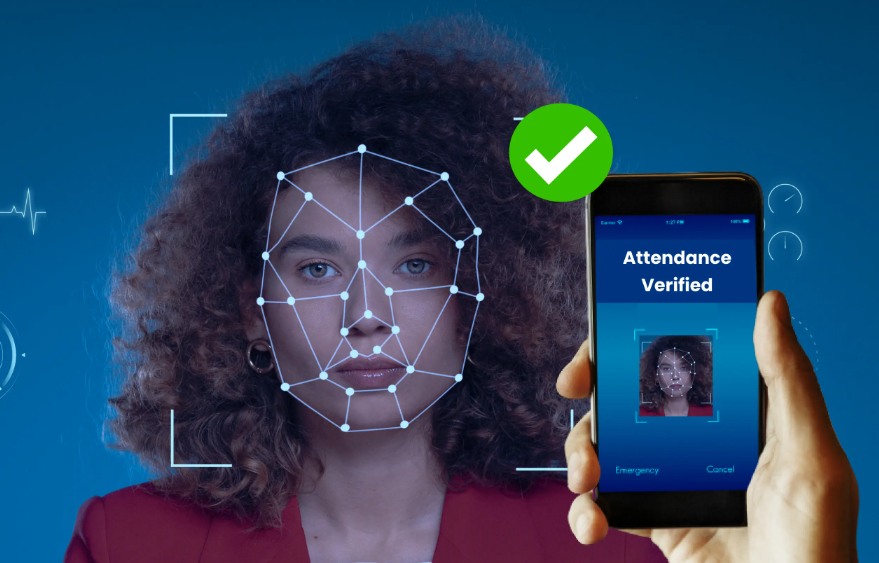The Rise of Facial Recognition Technology: What You Need to Know

Facial recognition technology has rapidly evolved, becoming integral across various sectors. Its applications range from enhancing security measures to personalizing marketing strategies. However, as its prevalence grows, so do concerns regarding privacy and potential biases. This technology raises critical ethical questions about individual rights and societal impacts. Understanding these complexities is crucial as society navigates the balance between innovation and ethical responsibility. What implications lie ahead for individuals and organizations alike?
The Evolution and Applications of Facial Recognition Technology
Facial recognition technology has undergone significant transformation since its inception, evolving from rudimentary algorithms to sophisticated systems that integrate artificial intelligence and machine learning.
Its historical development reflects remarkable technological advancements, enabling diverse applications such as security surveillance, user authentication, and personalized marketing.
These innovations offer enhanced efficiency and accuracy, showcasing the potential benefits of this technology in a rapidly changing digital landscape.
See also: The Rise of Quantum Computing: A Game Changer in Technology
Privacy Concerns and Ethical Implications
As facial recognition technology continues to permeate various sectors, it raises significant privacy concerns and ethical implications that merit careful examination.
Issues surrounding data security are paramount, as unauthorized access to biometric data can lead to misuse.
Furthermore, consent issues arise when individuals are unknowingly monitored, challenging the principles of autonomy and freedom.
Thus, the need for robust regulations becomes increasingly critical.
The Future of Facial Recognition: Balancing Innovation and Rights
While the advancements in facial recognition technology and QR code solutions promise significant benefits in various fields such as security, healthcare, and customer service, they also necessitate a careful evaluation of the rights of individuals.
Strong regulatory frameworks are essential to ensure that technological advancements do not infringe upon personal freedoms.
Striking a balance between innovation and civil liberties will be crucial for the sustainable development of this powerful technology.
Conclusion
As the sun sets on the rapid evolution of facial recognition technology, it casts long shadows of ethical dilemmas and privacy concerns. Amidst the vibrant hues of innovation, a delicate balance emerges, urging society to navigate this intricate landscape with caution. Like a tightrope walker suspended high above the ground, the future beckons for a harmonious blend of advancement and respect for individual rights, ensuring that this powerful tool illuminates without overshadowing the very essence of personal privacy.





